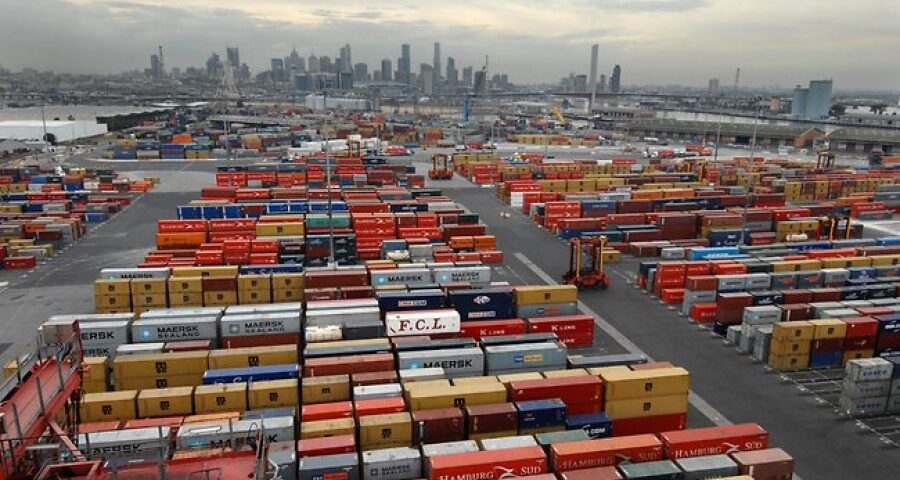Whilst port infrastructure is crucial to the advancement of local and national economies, the fact remains that port infrastructure procurement, development and operations are costly both towards the capital expenditure needed to develop the assets, as well as the operating costs generated by running the assets.
As a result, in tackling the burdens associated with public infrastructure development, several types of public-private mixing have arisen over the centuries. One type of cooperation that has gained a lot of attention in recent years is the Public-Private partnership (PPP/PFI), in which long-term finance contracts are put in place in order to leverage private sector capital with the objective of realising public sector goods and services. This “new” approach signals that both at the public, as well as at the private sector side capacity needs to exist that allows for successful port infrastructure development under the premise of PPP.
PortEconomics members Michael Dooms, and Elvira Haezendonck, along with Geoffrey Aaerts and Thies Grage discuss the several critical success factors taken into account when developing port infrastructure in this manner may guide port managers and private infrastructure financiers or investors towards a fruitful cooperative venture.
Their viewpoint published in our partner in publishing Port Technology International can be freely downloaded here.












